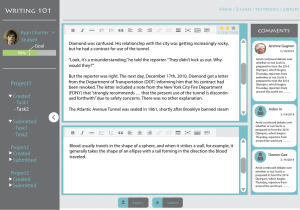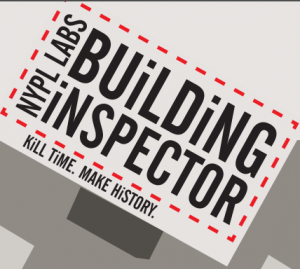Mike Bulajewski has written an excellent critique of the The Cult of Sharing. He describes the way ideas of community and sharing are being exploited by a new type of cult-like company like Airbnb and Uber. Under the guise of sharing and building community these companies are bypassing employment and labor legislation. What’s worse is that they are painting basic labor rights as the outdated way of doing things.
That’s because they’ve adopted a kind of cultural critique of capitalism. For them, the problem with capitalism is not the system itself, but rather depraved contemporary Western culture, which is greedy, individualistic, selfish and acquisitive, and rewards greedy, corrupt, ill-intentioned individuals. The opponents of the so-called culture of greed see the behavior of Black Friday shoppers and Wall Street bankers as equal manifestations of the same general phenomenon, and perhaps believing that we get the leaders we deserve, conclude that the public’s moral flaws makes them in some way responsible for the greed of Wall Street.
The sharing economy is clearly not the kind of economy where wealth and prosperity is shared between rich and poor. On the contrary, it worsens income inequality and concentrates wealth in the hands of those who need it the least. Progressive advocates are well aware of this, but they also see an upside: these startups teach their workers moral lessons about sharing, community, giving and service with a smile.
I’m not sure this is going to be the problem Bulajewski thinks it will be, but he has me worried. I hope that that shine of sharing will wear off and consumers/sharers will begin to treat this as any other industry. I also think the media will soon start reporting the downside of staying on someone’s couch or getting a ride with someone who isn’t licensed. It’s like the internet, which we all thought was a nice sharing community, until it wasn’t.

